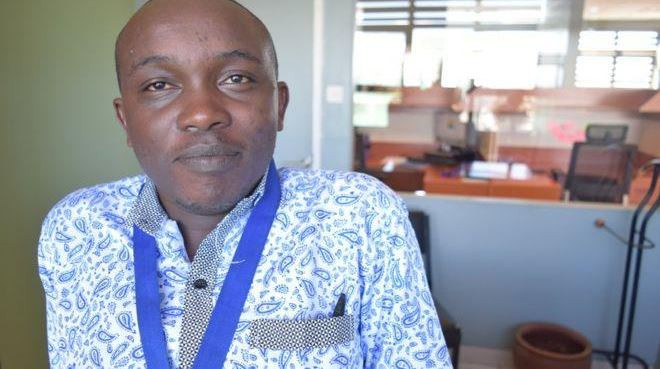Kenya: Rights lawyer Willie Kimani's murder case 'should lead to justice for the real perpetrators'
Hundreds of murders blamed on Kenyan police have not lead to proper investigations, HRW told IBTImes UK

Human Rights Watch (HRW) has urged the Kenyan authorities to expand genuine investigations to every case of extrajudicial killings, after four police officers were charged with the alleged killing of rights lawyer Willie Kimani, his client and taxi driver, in murder case that sparked outrage across the country.
A lawyer working with the International Justice Mission (IJM), Kimani had been representing Josephat Mwenda in a case stemming from 10 April 2015 – in an incident where an officer from Syokimau Administration Police (AP) Camp shot him during a traffic stop.
Initial reports suggested that AP officers, one of whom Mwenda was defending himself against in court that day, may have abducted them. Appearing before High Court Judge Jessie Lessit, four police officers were charged with the trio's murder on Monday (18 July).
'Lower-level officers used as scapegoats and investigations fizzle out'
"We are hoping that these investigations will actually lead to justice for the real perpetrators, and not be used to whitewash the whole process for the people who commit those crimes," Otsieno Namwaya, Africa researcher at HRW's Nairobi office, told IBTimes UK.
"What we have seen in the past is that when this kind of thing happens – especially if it goes high up [in the armed forces ranks] – lower-level officers are used as scapegoats and investigations fizzle out," he said, adding that after such condemnations are carried out, "the country moves on instead of addressing the root case of the problem".

The murders of Kimani, his client and taxi drivers prompted large protests in the Kenyan capital at the beginning of the month against the hundreds of murders blamed on police officers in Kenya and their apparent ability to act with impunity.
"What we hope should happen is that the investigations of Willie Kimani killings are expanded to all the other cases of extrajudicial killings and disappearances, which is a big problem right now in Kenya," the researcher said.
In the past six years, the number of extrajudicial killings involving Kenyan armed services runs into the high hundreds, according to 33 human rights organisations – including HRW – which published a joint statement following the disappearance of Kimani and his associates.
In February, President Uhuru Kenyatta accused the police of rampant corruption for decades, and ordered the leadership of East Africa's largest democracy's police to deal with graft.
© Copyright IBTimes 2025. All rights reserved.






















